Largest Turtle Breeding Colony in the Atlantic Discovered
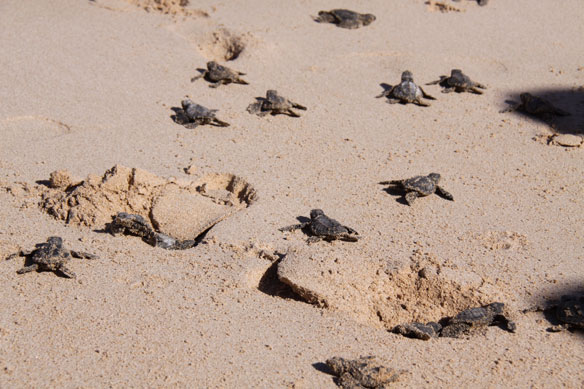
A huge ground survey covering nearly 600 km of Gabon’s coastline has uncovered the largest breeding colony of olive ridley turtles in the Atlantic.
Greenland Ice Loss: Follow the Water
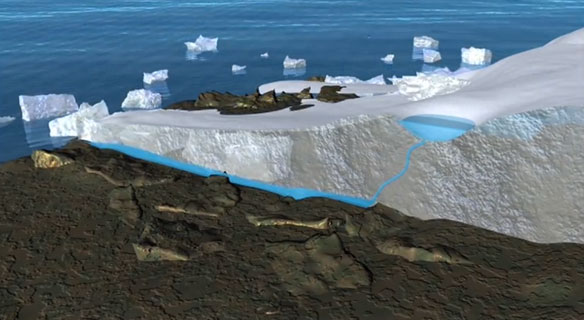
In Greenland, scientists who wish to understand ice loss will follow the water. Greenland mass loss is rising exponentially and leading to higher sea level rise. A video by Yale Climate Forum.
Sudden Draining of Glacial Lakes Explained
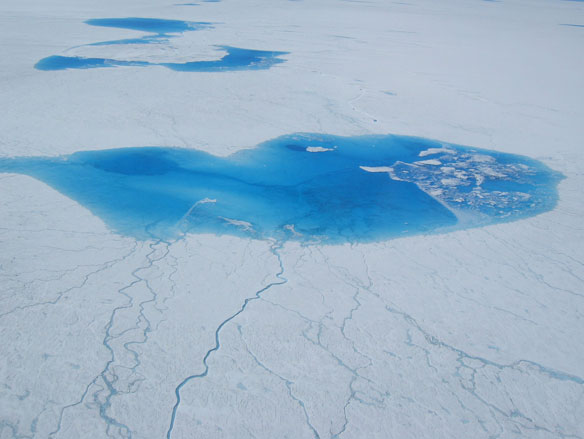
In 2008 scientists from WHOI and the University of Washington documented for the first time how the icy bottoms of lakes atop the Greenland Ice Sheet can crack open suddenly—draining the lakes completely within hours and sending torrents of water to the base of the ice sheet thousands of feet below. Now they have found a surprising mechanism that triggers the cracks.
Boyan Slat to Deploy ‘Longest Floating Structure in World History’ to Clean Ocean Plastic
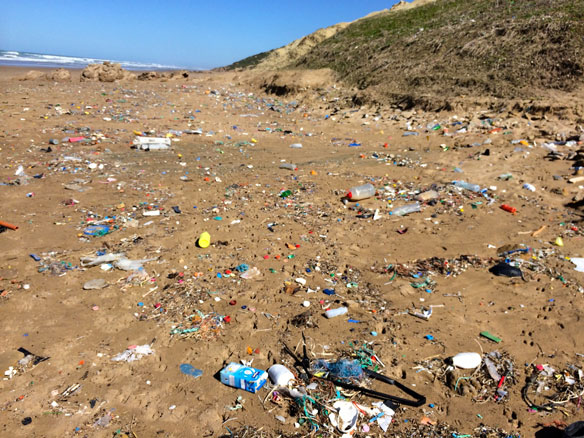
Boyan Slat, the 20-year-old CEO of The Ocean Cleanup, has officially announced that the world’s first ocean-cleaning system is set to deploy in 2016. The pilot program will be operational for at least two years in the proposed deployment location of Tsushima island in Japan.
The Changing Carolina Coast: Sand Is Everywhere, Except When It Isn’t
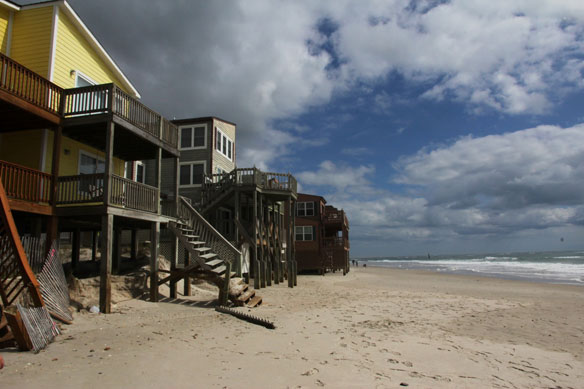
According to a database created by Western Carolina University’s Program for the Study of Developed Shorelines, more than $500 million has been spent rebuilding North Carolina’s beaches. Since 1983, we’ve spent about $100 million alone replacing Highway 12, built on the sands of the Outer Banks.
Continental Collision Could Trigger California Tsunami
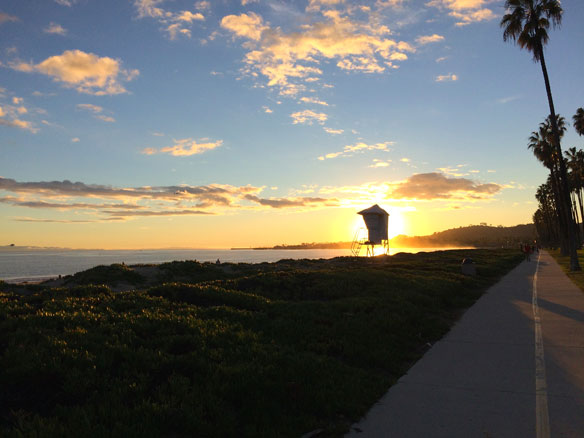
Massive undersea earthquakes off the coast of California could send a tsunami crashing into Los Angeles or San Diego, new research suggests.
What the Oceans Will Look Like in 2050

What kind of oceans will we pass along to future generations of humans and other living things? The answer to that question starts with two others: What kind of oceans would we like to pass along? And what would it take to do so?
Why Are Some Glaciers Blue?
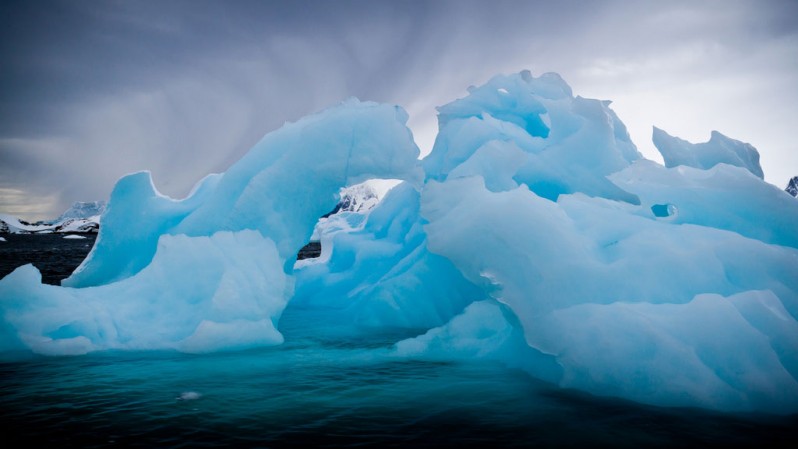
One of the most amazing sights in Antarctica is its stunning blue ice, rippling like a frozen sea. Antarctica is the only place on Earth with these incredible stretches of blue ice.
Mystery Pollution Keeps California Beaches Still Closed
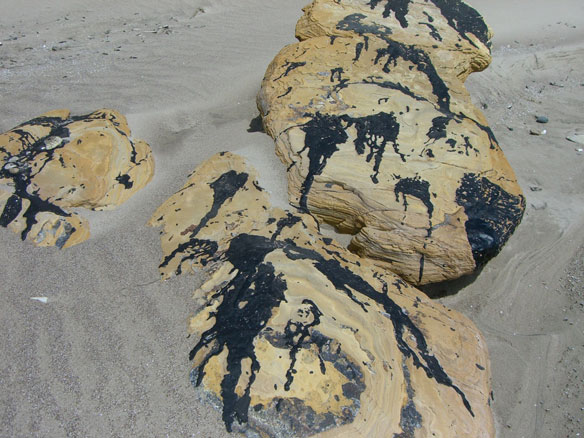
A string of popular California beaches will remain closed until further notice due to mystery oil-based pollution, officials said Friday.
